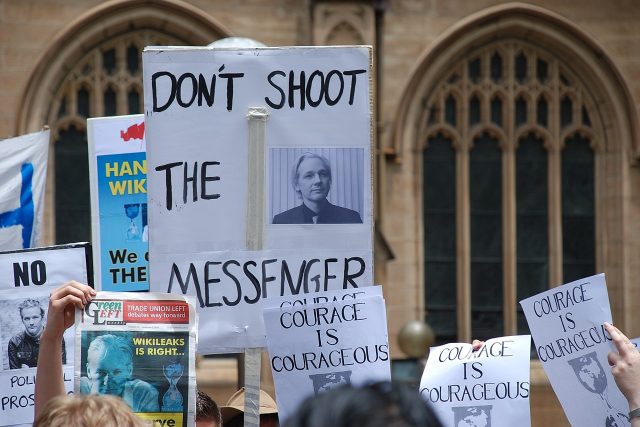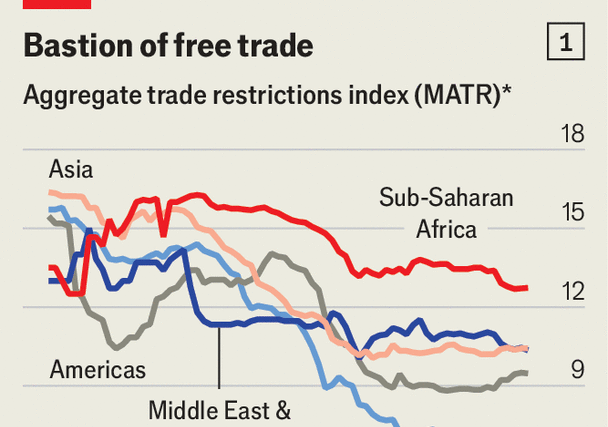WikiLeaks founder Julian Assange “lives to fight another day” according to his brother Gabriel, as the UK High Court halted his potential transfer to the US on Tuesday due to inadequate assurances on his treatment if extradited to the US. The pause came following the court’s directive that the US government furnish assurances that Assange would be spared from facing the death penalty in the event of extradition.The court held (Para 9-11) that Assange’s lawyers established that:1. Assange might be prejudiced at his trial by reason of his nationality;2. Assange’s extradition may be incompatible with free speech protections under the European Convention on Human Rights; and3. Assange’s extradition is “barred by inadequate specialty/death penalty protection;”Assange’s legal team vehemently argued against his removal to the US, citing fears that he could face harsh treatment or even capital punishment if transferred across the Atlantic.The case has reignited discussions around press freedom, whistle-blower protection, and government transparency. Supporters of Assange view him as a champion of free speech and an advocate for exposing wrongdoing, while critics argue that his actions have endangered national security and compromised diplomatic relations.In the documents, the court said they “decline to admit fresh evidence” of any CIA-led plot to kidnap Assange (para 209-211, 238-241).UN Special Rapporteur on Torture and Other Cruel, Inhuman or Degrading Treatment or Punishment, Dr Alice Jill Edwards commented on the ruling stating that, “[t]he Court has decided that Mr. Assange has a real prospect of success in appealing his extradition in these key areas: freedom of expression,” she continues to remind the UK of its international law obligations and repeated calls to halt his extradition. Speaking outside the court Julian Assange’s wife Stella said, “[t]he courts recognise that Julian Assange is exposed to a flagrant denial of his freedom of expression rights, that he is being discriminated against on the basis of his nationality and that he remains exposed to the death penalty.”Amnesty International has reiterated concerns that Assange faces the risk of grave human rights violations if extradited to the US and has warned of an extreme impact on global media freedom. The court said Assange “has a real prospect of success on 3 of the 9 grounds of appeal.” The court has given the US Government 3 weeks to give “satisfactory assurances.” Assange faces 18 counts, all but one under the US’s Espionage Act of 1917. The US will now have the opportunity to give further assurances regarding Assange’s treatment before the court renders a final decision on extradition.Correction: A previous version of this article which misstated the court’s reasoning for its decision was updated.




The Most Read
Сryptocurrencies
Bitcoin and Altcoins Trading Near Make-or-Break Levels
Financial crimes
Thieves targeted crypto execs and threatened their families in wide-ranging scheme
Financial crimes
Visa Warning: Hackers Ramp Up Card Stealing Attacks At Gas Stations
News
Capitalism is having an identity crisis – but it is still the best system
Uncategorized
The 73-year-old Vietnamese refugee is responsible for bringing Sriracha to American consumers
Uncategorized
Electric Truckmaker Rivian, Backed By Amazon, Ford, Raises Whopping $1.3 Billion